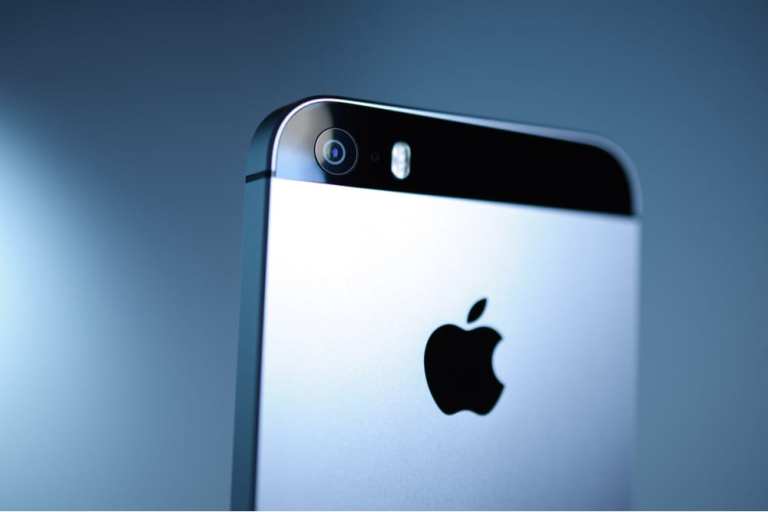Apple And Google App For Virus Contact Will Block Location Tracking

In new contact tracing apps built to combat the coronavirus, Apple and Google-parent Alphabet will ban the use of location-tracking GPS software that could compromise privacy.
Contact tracing is the practice of tracking people infected with the virus and then mapping out where they’d been since presumably becoming infected. That way, people with whom the infected party had been in contact could be warned.
Rather than use the GPS tracking program, Apple and Google’s software plans to utilize Bluetooth signals to track encounters.
Apple and Alphabet are in charge of around 99 percent of the operating systems for smart phones. Last month, they announced they’d be taking control of the process to develop the contact tracing software, which they said would only be available to health authorities.
The collection of location data comes with a warning from privacy experts, who say that accumulating that data could lead to breaches or exposed data later on that compromise peoples’ security.
The refusal to use GPS software has become a point of contention for authorities, though, as that software would be faster for public health officials to track the virus. Without it, they’ll have to utilize what they’ve said are unstable and power-draining alternatives. Bluetooth capabilities often turn off on both iPhones and Android devices in order to automatically save power, and users have to remember to manually reactivate them.
Apple and Google have also stated that they’ll only be allowing one app per country to use their software, to encourage a wider adoption and more unified precision. Though they conceded that they’ll allow for regional approaches such as in the U.S. for individual states to have different companies utilizing the software.
In response, some entities have decided to forgo using Google or Apple’s technologies. In Utah, a company called Twenty, which designed the state’s tracing app, said that app would work fine on its own, adding that it would be happy to work with Google and Apple’s tech if it ends up being more effective than Utah’s.
Artificial intelligence-based tracking could also be used, going forward, to look at credit and spending as the markets shift while the pandemic moves into a new stage. And, despite the lack of trust in AI-based tracking, scientists can potentially advocate for it as a method to speed toward a new way of living outside the house again.